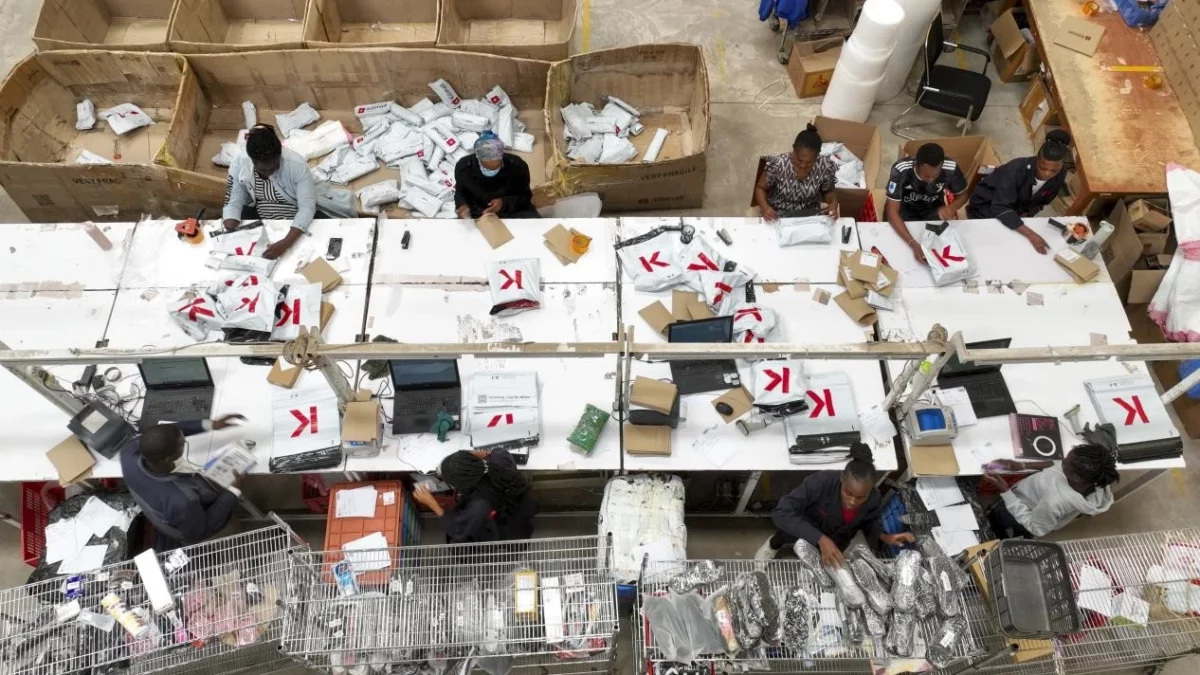Amidst high hopes and a promising harvest, Zimbabwe’s grain farmers are gearing up to embrace a new era of prosperity by exporting their surplus produce.
Two enthusiastic farmers, Alfred Mangezo and Richard Murambiza, are anticipating a bountiful wheat harvest of six tons per hectare, contributing to potential shipments to various countries that have expressed keen interest in Zimbabwe’s grains.
The country’s farmers have struggled with soaring input costs, leaving them with minimal profits after each harvest for a long time. However, this year, the tide seems to be turning in their favour. By exploring foreign markets, Zimbabwe’s farmers envision bolstering their viability while generating much-needed foreign currency, ideally to be paid in US dollars.
The government’s plan to pay farmers 60% of their proceeds in hard currency adds hope to their endeavours.
The agriculture sector in Zimbabwe is showing remarkable resilience. Last year witnessed the highest wheat output in the nation’s history, and this year’s projections are even more promising. With a surplus of 420,000 tons, 60,000 tons more than the annual requirement, Zimbabwe is set to become an outstanding grain exporter.
Not only wheat but also staple maize is gaining international interest. Zimbabwe plans to export approximately 40,000 metric tons of grain to East Africa and around 10,000 metric tons to Central and Southern African countries, responding to inquiries from potential buyers.

The country’s turnaround from a net importer to an exporter can be attributed to strategic measures such as climate-smart conservation farming and the expansion of irrigation infrastructure. The increase in private sector funding and the active involvement of value chain players, including millers, processors, and bakers, have played pivotal roles in this transformation.
To further support local farmers and sustain food security, the government is implementing initiatives like the Joint Venture Framework, Corporate Farming Framework, and Contract Farming Framework. By encouraging local production and boosting investment in irrigation and mechanization, Zimbabwe aims to scale up its agricultural output and solidify its position as a reliable grain exporter.



























